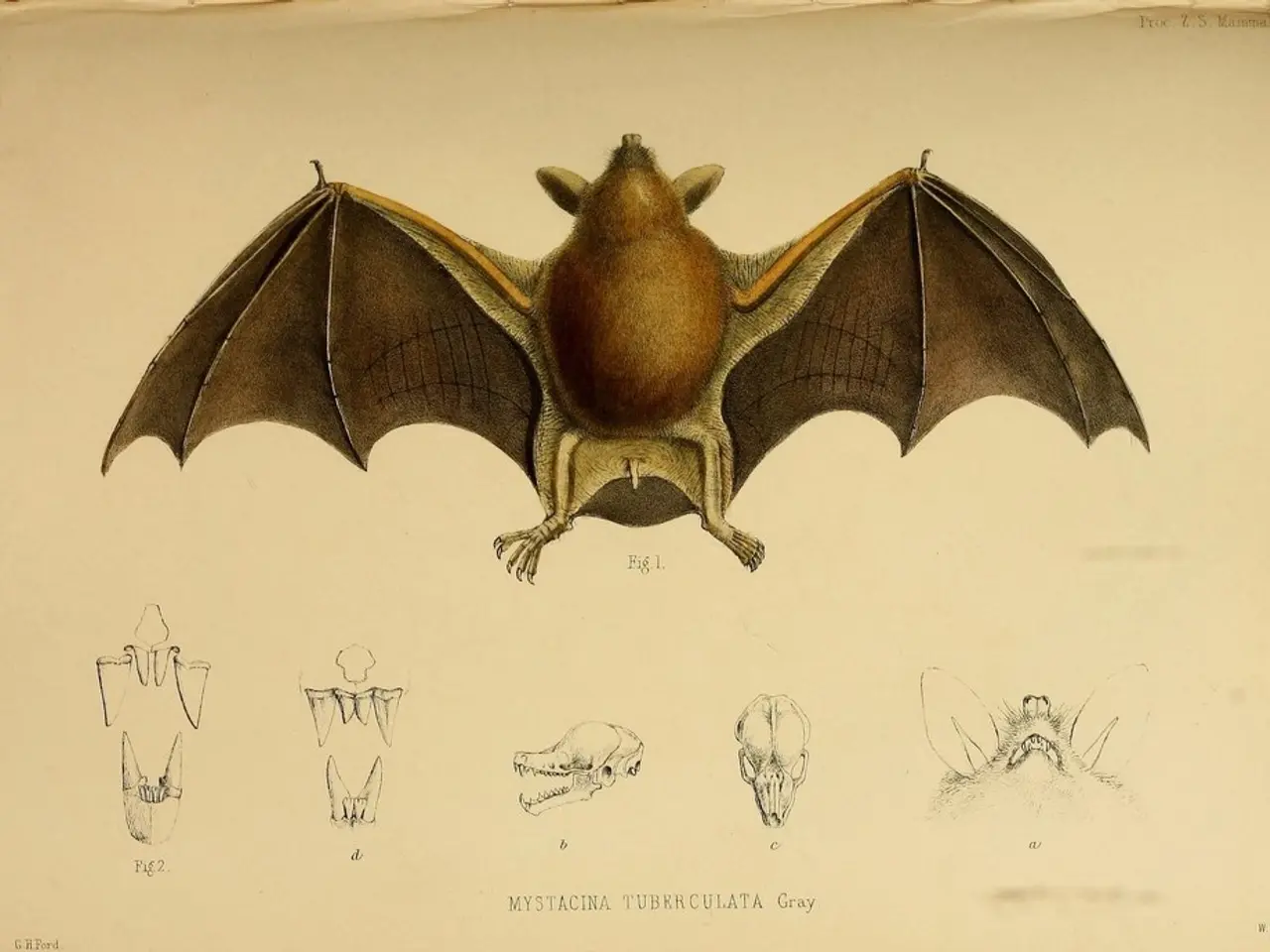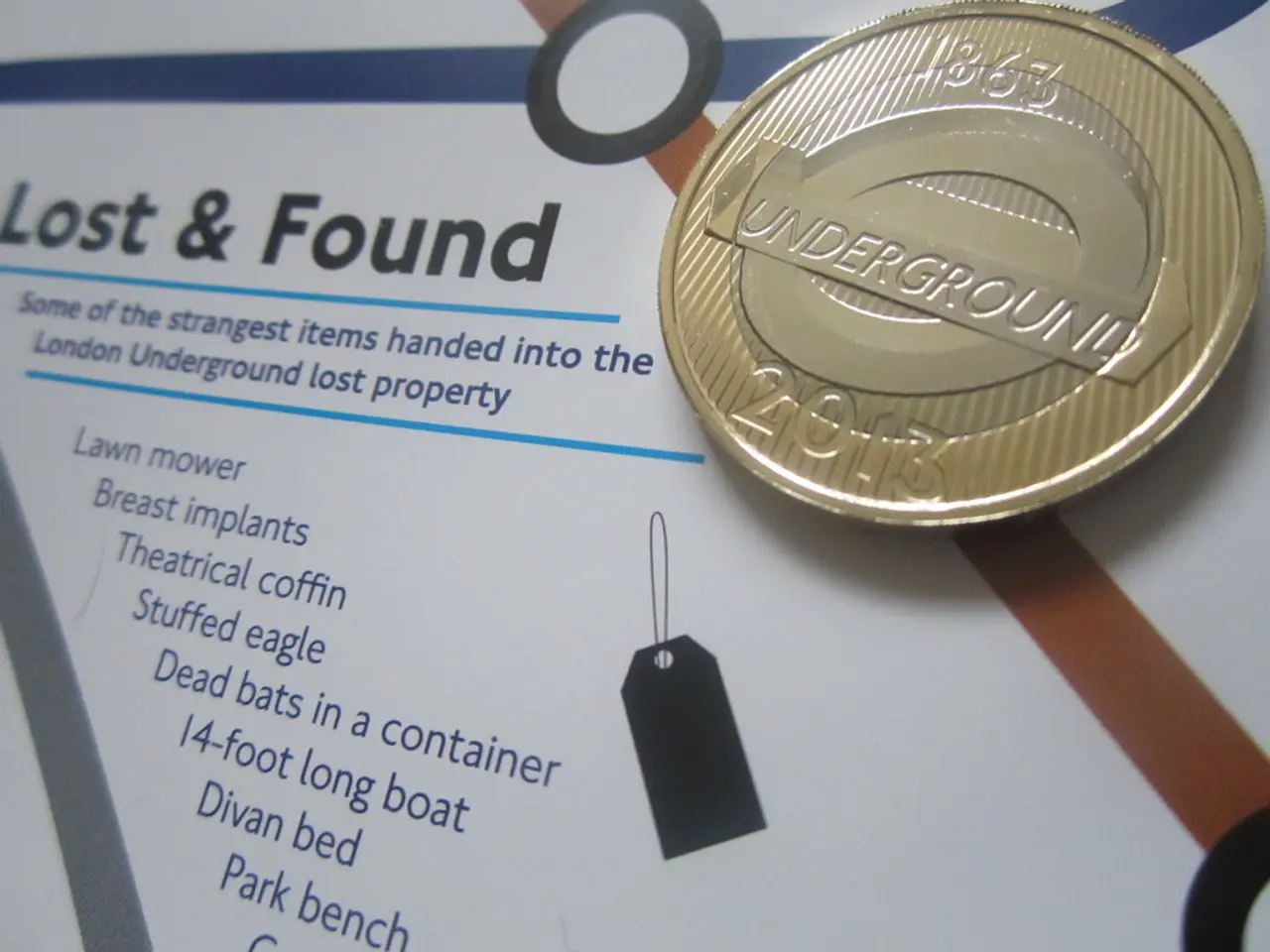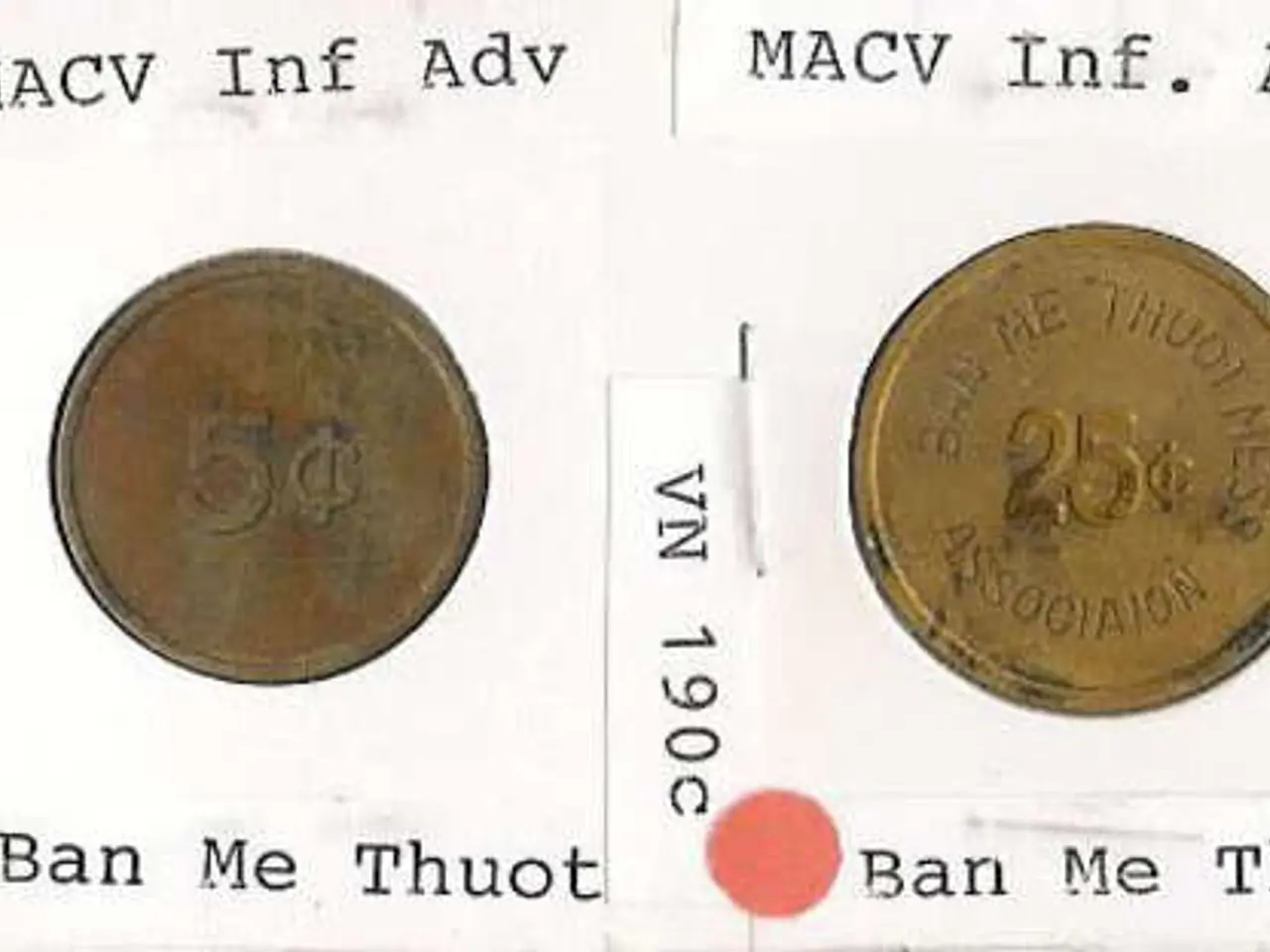Cardano community agrees on a $71 million plan for substantial network improvements
In a significant move for the blockchain industry, the Cardano community has approved a $71 million treasury proposal that funds a 12-month development plan led by Input Output Global (IOG). The plan focuses on enhancing scalability, interoperability, and developer adoption of the Cardano network.
The funding, overseen by the community-governed organization Intersect, will be released in a milestone-based manner upon delivery of upgrades. Key aspects of the plan include:
- Hydra Protocol: This major upgrade aims to enable faster, low-cost transactions, significantly improving Cardano's transaction throughput and scalability by facilitating off-chain transaction processing.
- Project Acropolis: This modular re-architecture of the Cardano node is designed to provide greater flexibility, reduce RAM usage, and simplify the onboarding process for new core developers, thus enhancing the developer experience.
- Performance Optimizations: These will target lowering operational costs for stake pool operators and setting technical foundations for more advanced smart contracts and seamless interoperability with other blockchains.
IOG is required to provide monthly progress updates, engineering timesheets, and quarterly budget reports, ensuring transparency and accountability.
Expected impacts of the upgrade include:
- Scalability: Hydra's off-chain scaling approach is expected to drastically increase transaction speed and reduce costs from the current state of 0.34 ADA per transaction and roughly 20-second block times.
- Interoperability: The technical foundations laid down in this upgrade will better support advanced smart contracts and easier interaction with other blockchain networks.
- Developer Adoption: Project Acropolis will make the Cardano node more modular and flexible, easing the onboarding of new developers and accelerating development on the platform.
This comprehensive upgrade package positions Cardano closer to enterprise-grade blockchain infrastructure and increases its competitiveness with other networks advancing scalability and capacity.
Meanwhile, other leading blockchains such as Solana and Ethereum have also been upgrading recently. Ethereum increased its gas limit and launched the Pectra hard fork in May, with the next upgrade, Fusaka, set for late 2025. The Cardano upgrade supports Ouroboros Leios, Hydra, Mithril, Nested Transactions, and Project Acropolis.
Adam Rusch, a board member at Intersect, expressed support for the chosen proposal. The community's decision to move forward with IOG's vision for an upgrade marks a significant step towards Cardano's continued growth and development.
[1] Cardano Foundation. (2021). Cardano's $71 million upgrade plan: What you need to know. [online] Available at: https://cardano.org/news/cardanos-71-million-upgrade-plan-what-you-need-to-know/
[2] IOG. (2021). Cardano's $71 million upgrade plan: What you need to know. [online] Available at: https://iohk.io/en/blog/posts/2021/07/20/cardanos-71-million-upgrade-plan-what-you-need-to-know/
[3] Cointelegraph. (2021). Cardano's $71 million upgrade plan: What you need to know. [online] Available at: https://cointelegraph.com/news/cardanos-71-million-upgrade-plan-what-you-need-to-know
[4] NewsBTC. (2021). Cardano's $71 million upgrade plan: What you need to know. [online] Available at: https://www.newsbtc.com/news/cardano/cardanos-71-million-upgrade-plan-what-you-need-to-know/
[5] U.Today. (2021). Cardano's $71 million upgrade plan: What you need to know. [online] Available at: https://u.today/cardanos-71-million-upgrade-plan-what-you-need-to-know
- The Cardano development plan, funded by a $71 million treasury proposal, will explore options for enhancing scalability, interoperability, and developer adoption, similar to what Ethereum and other leading blockchains like Solana are currently pursuing through their own upgrades.
- With the inclusion of technologies such as Hydra Protocol, Project Acropolis, Ouroboros Leios, Mithril, Nested Transactions, and potential performance optimizations, Cardano is positioned to compete with Ethereum and Solana, both of which have recently upgraded their networks to improve scalability and capacity.




